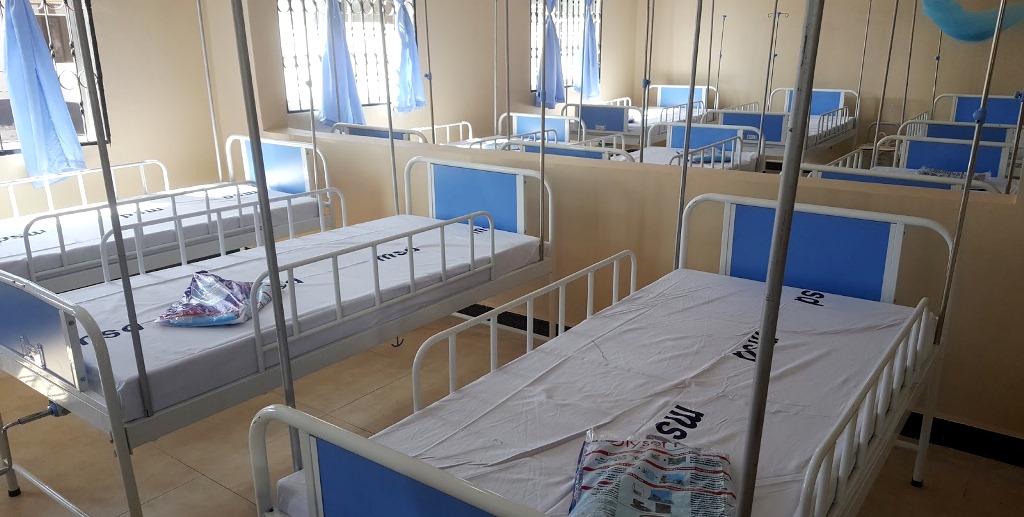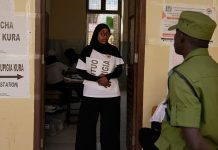Author: HILDA MHAGAMA
AfricaPress-Tanzania: PRESIDENT John Magufuli’s government is walking the talk and delivering by uplifting low-income earners from grips of poverty especially in the provision of quality health services.
During his campaign rallies for presidency five years ago, Dr Magufuli vowed to pull out low-income earners from grips of poverty and ensure that they have access to all forms of social services, including healthcare, water and free elementary education.
Under his reign, the country has so far witnessed an improved healthcare service delivery with modern technology at major referral hospitals.
The latest approach has significantly reduced cases of patients being referred abroad for the same medication, and making major medical breakthroughs as laid in a strong foundation for grand Universal Health Coverage (UHC) plans.
As the country grapples to achieve the World Health Organization (WHO) recommendations of doctor population ratio of 1:1,000 per year, the fifth phase government has employed a total of 13,479 medical personnel in various disciplines, including specialists, nurses, dentists, radiologists and pharmacists between November 2015 and January 2020.
Speaking to the Medical Association of Tanzania (MAT) members, President John Magufuli said depending on the government financial capability, it will continue to employ more health experts.
To start with, he said the government will employ 1,000 new medical doctors.
“There are about 2,700 medical doctors who are yet to be employed … to start with, the government will employ 1,000 health experts and it will continue to employ more of them depending on the government’s financial capability,” said Dr Magufuli.
The Head of State further said there was a need for medical doctors to be hired right to the village levels, because the government has built 352 Health Centres and 77 District Hospitals, all of which have to be staffed by doctors.
In fact, the government is aware that rural staffing has been a challenge in most cadres due to various reasons, including lack of attractive retention schemes, poor remuneration and insufficient equipment and medicines to do the work.
The government is committed to putting this problem to an end. Reports have it that physicians prefer practicing in urban settings, where they also moonlight or work in multiple hospitals and clinics to supplement low salaries.
According to the Minister for Health, Community Development, Gender, Elderly and Children, Ms Ummy Mwalimu, from July 2019 to March 2020, a total of 1,817 professionals in various fields were recruited and dispatched to various health care facilities in the country.
Also, the Ministry has announced another 1,000 vacancies for health professionals as part of fulfilling Dr Magufuli’s promise.
Such efforts are part of fulfilling the 2015 CCM election manifesto that pledged to recruit more health professionals from within and outside the country as well as improving their work environment to enhance the quality of health care.
Besides, district hospitals will continue to be strengthened by providing adequate physicians, nurses, medications and medical equipment.
Furthermore, the Minister of State President’s Office (Public Service Management and Good Governance) Mr George Mkuchika, while tabling the ministry’s budget estimates and expenditures for the 2020/21 financial year that was endorsed, said there will be 10,467 slots for the health sector in which, they will be recruiting at least 1,262 people for religious-based hospitals.
In Tanzania, 26,000 to 30,000 patients are attended by one medical doctor per year, but the international standards require one medical doctor to attend 10,000 patients per year.
In Zanzibar, they have succeeded in one medical doctor attending to 7,000 per year.







